Span>What is Kiwm ransomware?
Typo is a file-locking virus that encrypts and renders unreadable all personal data on a victim’s PC. The user ought to pay a penalty to gain access to those information. Typically, such malicious software software enchipher facts so safely that you are forced to buy decryption utilities from fraudsters. Even though there is at the current moment no decryptor for Kiwm ransomware, we don’t support paying them revenue since nobody can promise that cybercriminals would collaborate. Instead, act in accordance with the guidelines to erase Kiwm ransomware and unlock .Kiwm files without paying the ransom money which are displayed underneath.
This variety notwithstanding, they all observe the same minimal template – to cheat money in return for invaluable details. Quickly after penetration, it begins to encode user files appending them in packages with .typo extension. The quantity of penalty is $980 and to motivate victims to pay quicker, cyber criminals as grant a 50% bargain for payment in 72 hours. For this purpose, cyber criminals want you to contact them by email: support@freshmail.top / datarestorehelp@airmail.cc. The more detailed information you can find in the TXT file virus creates:_readme.txt:
In the end, it’s up to you to assume it or not, but let us caution you – no one can prove that they would do their element of the deal. On the adverse, there is a large endanger of being cheated and dumped in packages with little. The only trustworthy way to fix the matter is to erase Kiwm ransomware from the computer via relevant program so as to negate the nasty movements of the malware and then repair your details from the backup.
There exists two solutions to eliminate Kiwm ransomware and decode your data. The at the start is to utilize an automated deletion program. This technique is useful even for unskilled users as the elimination tool could eliminate all cases of the contamination in just a couple clicks. The first moment is to employ the by hand termination guidelines. This is a much more confusing way that needs certain os abilities.
Screenshot of deceitful Windows bring up to date you may notice during the enciphering:
How Kiwm ransomware gets on my computer?
Cybercriminals use multiple approaches to spread the malware software to the target device. Ransomware infections could enter victims’ systems etc. than in one or two techniques, in most situations, a cryptoviral deception breach is full together with the following ways:
Warning, multiple anti-virus scanners have detected possible malware in Kiwm ransomware.
| Anti-Virus Software | Version | Detection |
|---|---|---|
| McAfee | 5.600.0.1067 | Win32.Application.OptimizerPro.E |
| Kingsoft AntiVirus | 2013.4.9.267 | Win32.Troj.Generic.a.(kcloud) |
| VIPRE Antivirus | 22224 | MalSign.Generic |
| VIPRE Antivirus | 22702 | Wajam (fs) |
| Malwarebytes | 1.75.0.1 | PUP.Optional.Wajam.A |
| Malwarebytes | v2013.10.29.10 | PUP.Optional.MalSign.Generic |
| K7 AntiVirus | 9.179.12403 | Unwanted-Program ( 00454f261 ) |
| ESET-NOD32 | 8894 | Win32/Wajam.A |
| Tencent | 1.0.0.1 | Win32.Trojan.Bprotector.Wlfh |
| NANO AntiVirus | 0.26.0.55366 | Trojan.Win32.Searcher.bpjlwd |
| McAfee-GW-Edition | 2013 | Win32.Application.OptimizerPro.E |
| Qihoo-360 | 1.0.0.1015 | Win32/Virus.RiskTool.825 |
| Dr.Web | Adware.Searcher.2467 | |
| Baidu-International | 3.5.1.41473 | Trojan.Win32.Agent.peo |
Kiwm ransomware Behavior
- Kiwm ransomware Shows commercial adverts
- Modifies Desktop and Browser Settings.
- Kiwm ransomware Connects to the internet without your permission
- Common Kiwm ransomware behavior and some other text emplaining som info related to behavior
- Slows internet connection
- Shows Fake Security Alerts, Pop-ups and Ads.
- Steals or uses your Confidential Data
- Integrates into the web browser via the Kiwm ransomware browser extension
- Installs itself without permissions
- Kiwm ransomware Deactivates Installed Security Software.
- Distributes itself through pay-per-install or is bundled with third-party software.
- Redirect your browser to infected pages.
- Changes user's homepage
Kiwm ransomware effected Windows OS versions
- Windows 10
- Windows 8
- Windows 7
- Windows Vista
- Windows XP
Kiwm ransomware Geography
Eliminate Kiwm ransomware from Windows
Delete Kiwm ransomware from Windows XP:
- Click on Start to open the menu.
- Select Control Panel and go to Add or Remove Programs.
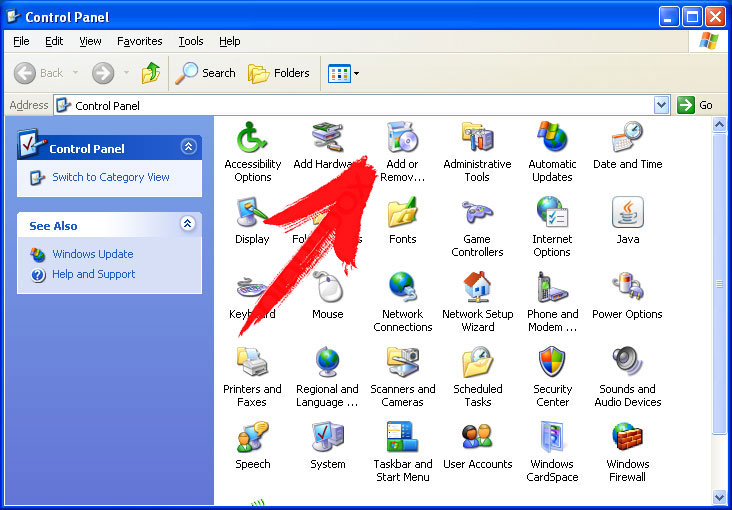
- Choose and remove the unwanted program.
Remove Kiwm ransomware from your Windows 7 and Vista:
- Open Start menu and select Control Panel.

- Move to Uninstall a program
- Right-click on the unwanted app and pick Uninstall.
Erase Kiwm ransomware from Windows 8 and 8.1:
- Right-click on the lower-left corner and select Control Panel.
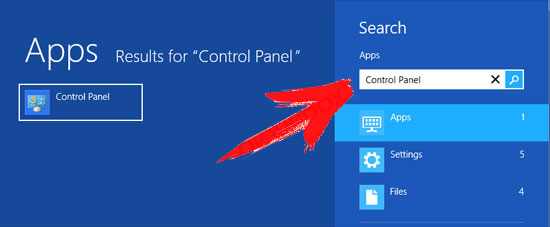
- Choose Uninstall a program and right-click on the unwanted app.
- Click Uninstall .
Delete Kiwm ransomware from Your Browsers
Kiwm ransomware Removal from Internet Explorer
- Click on the Gear icon and select Internet Options.
- Go to Advanced tab and click Reset.
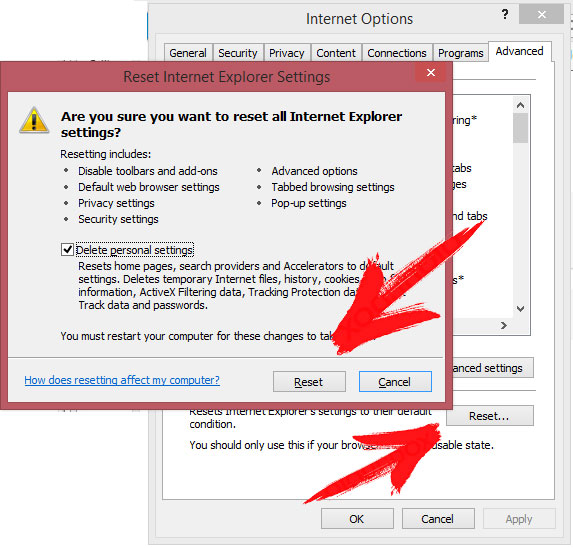
- Check Delete personal settings and click Reset again.
- Click Close and select OK.
- Go back to the Gear icon, pick Manage add-ons → Toolbars and Extensions, and delete unwanted extensions.
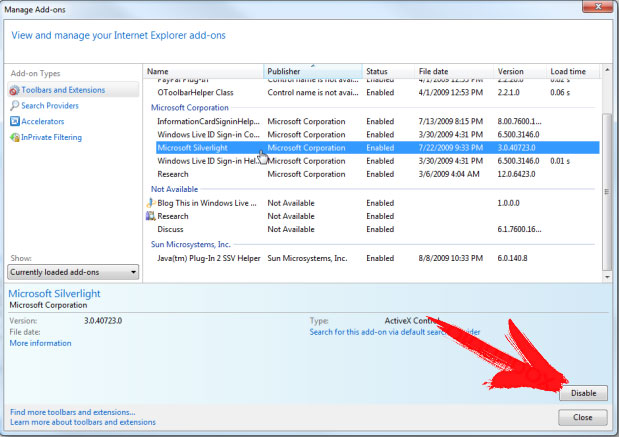
- Go to Search Providers and choose a new default search engine
Erase Kiwm ransomware from Mozilla Firefox
- Enter „about:addons“ into the URL field.
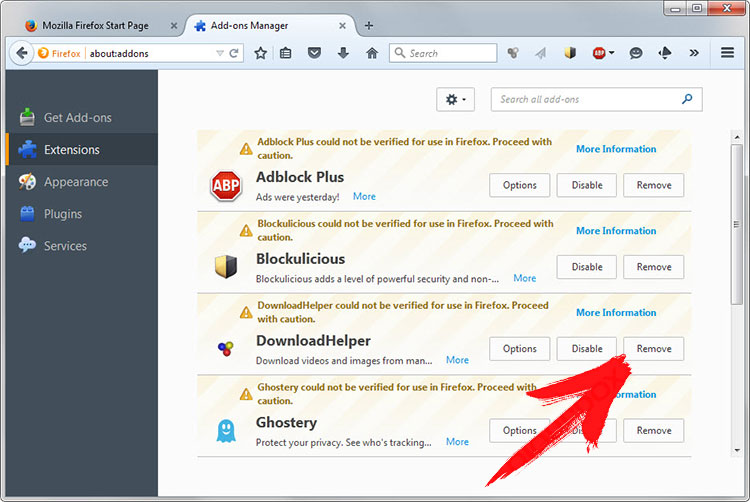
- Go to Extensions and delete suspicious browser extensions
- Click on the menu, click the question mark and open Firefox Help. Click on the Refresh Firefox button and select Refresh Firefox to confirm.
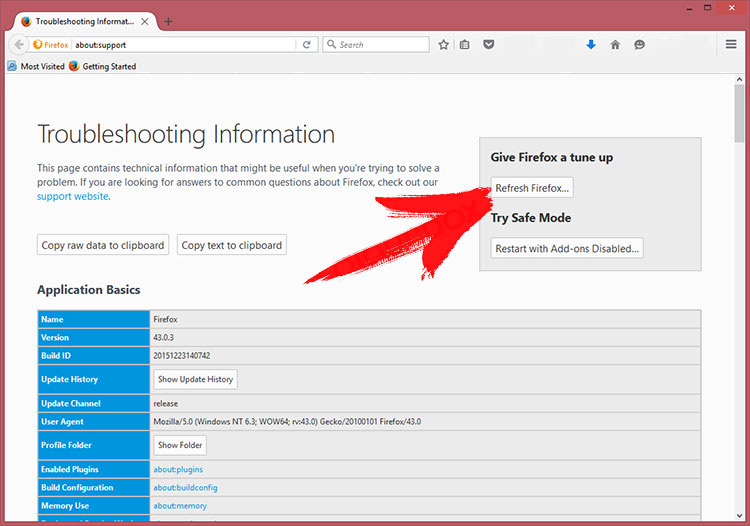
Terminate Kiwm ransomware from Chrome
- Type in „chrome://extensions“ into the URL field and tap Enter.
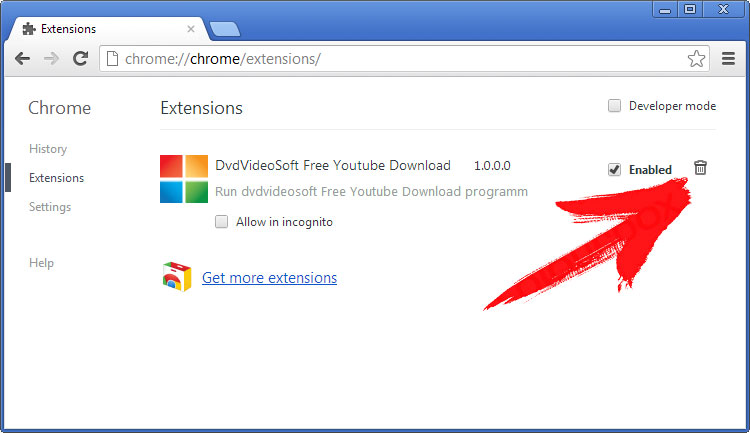
- Terminate unreliable browser extensions
- Restart Google Chrome.
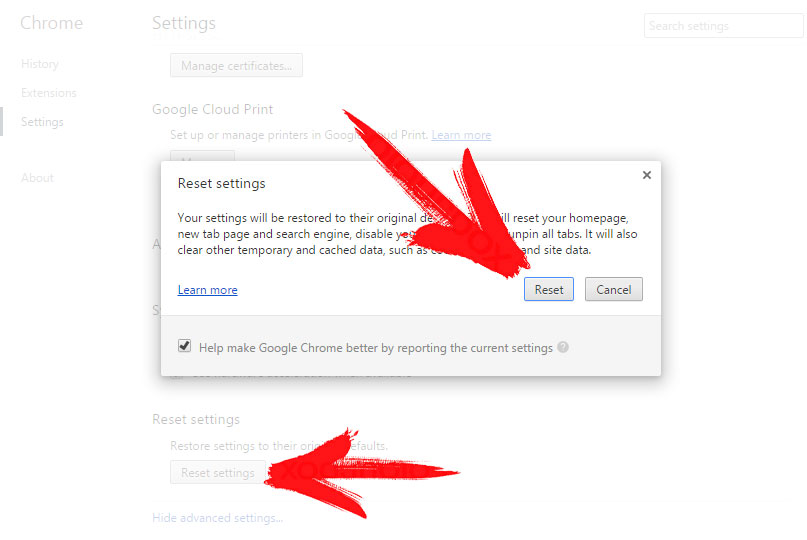
- Open Chrome menu, click Settings → Show advanced settings, select Reset browser settings, and click Reset (optional).